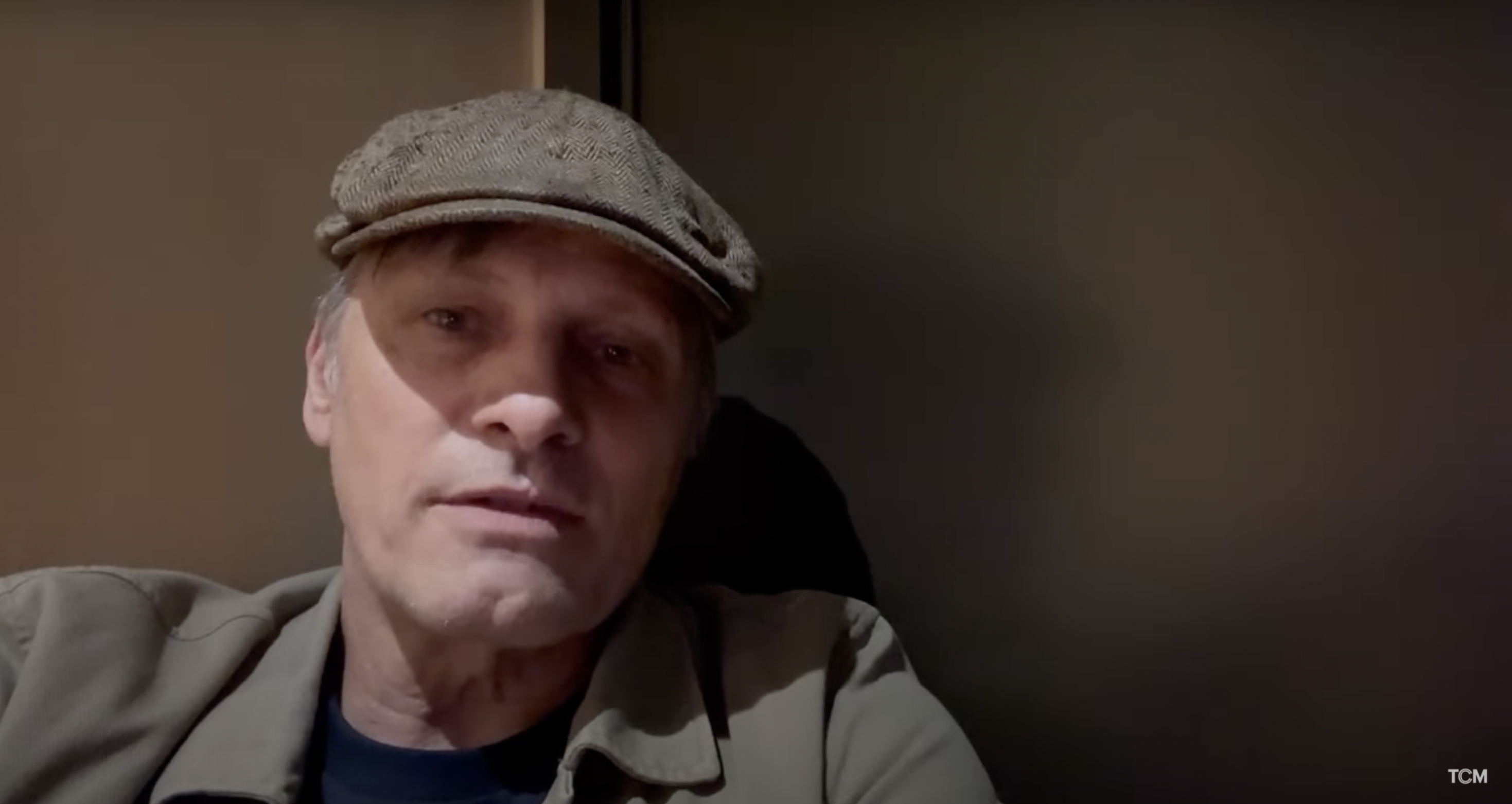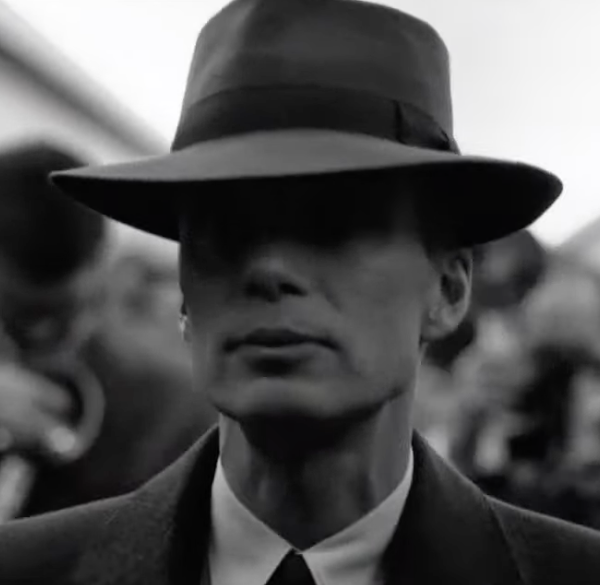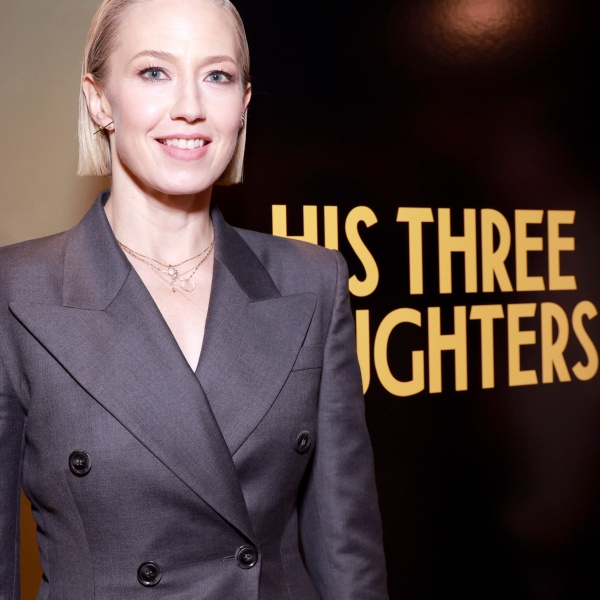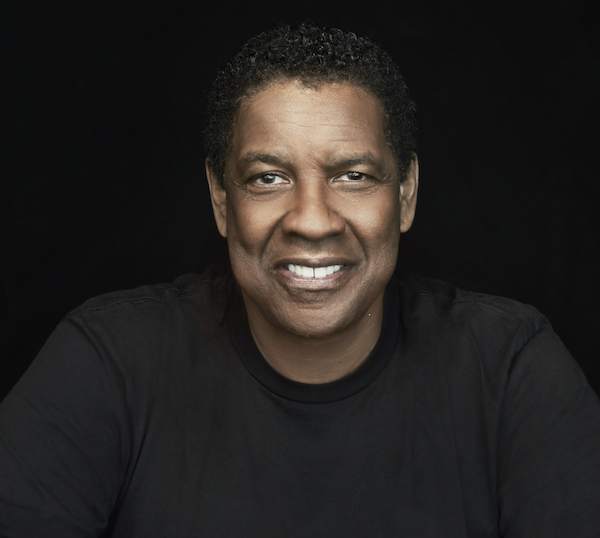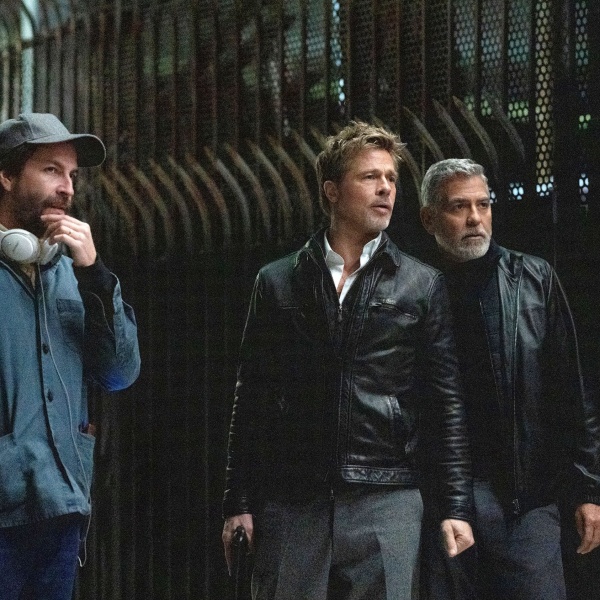With Warner Media merging with Discovery back in 2022 and consolidation within the entertainment industry on the rise ever since, many fans of TCM — which is owned by Warner — fear their favorite home for cinema history might fall victim to these drastic cuts. Thankfully the channel continues to sparkle and shine like the Hollywood of old with filmmakers Steven Spielberg, Martin Scorsese, and Paul Thomas Anderson jumping on board to help curate and boost recognition of the channel. With their help, other directors have also come aboard — Guillermo del Toro, Wes Anderson, and Jason Reitman to name a few — offering their picks each month in the hopes of bringing in more viewers and keeping the love for classic cinema alive. This month’s curator is multi-hyphenate Viggo Mortensen, whose second directorial effort, “The Dead Don’t Hurt,” was released today.
In reflecting on his cinematic influences, Mortensen reached back to one of the heydays of Hollywood, calling upon maestro of the Western genre John Ford and one of his most beloved pictures, “Stagecoach” (1939).
“We can’t really talk about the western genre without talking about John Ford,” Mortensen said, later adding, “When you look at this movie now, you might be forgiven for thinking that these characters are cliches. This is where those kinds of characters originated and furthermore, John Ford handles them really well. None of the characters — in a way — end up being or doing what you expect them to do.”
Continuing this trend of films that explore conflicted characters acting in ways you may not expect them to, Mortensen acknowledges the work of Argentinian filmmaker Carlos Hugo Christenson and his nightmarish fairytale film “If I Should Die Before I Wake” (1952).
“This movie is a disturbing sort of fairytale told from the point of view of a young boy named Lucho, whose father is a policeman. Lucho’s a bit of a prankster, kind of a class clown at the beginning of the story. I won’t ruin the movie for you, but there’s been several young girls about Lucho’s age that have disappeared recently in the area and the last of these to disappear is a friend of Lucho’s,” said Mortensen. Later he added, “It might make you think of ‘Hansel & Gretel.’ Might remind you of Fritz Lang’s ‘M.’ And in some sense — in terms of its imagery and its tone, the suspense and so forth — it reminded me of Charles Laughton’s ‘Night of the Hunter’ as well.”
In shouting out Agnes Varda’s “La Pointe Courte,” Mortensen was reminded of a personal experience he shared with the late director and how she influenced his own process when it came to moving to the other side of the camera lens. Mortensen recalled, “I was lucky enough to meet her towards the end of her life and it was shortly before I directed my first movie and she asked me what I was up to, what I was gonna do next, and I said, ‘Well, I’m gonna direct my first movie.’ And she said, ‘Oh good, make sure you don’t show the audience anything.’ And I said, ‘It’s a visual medium, what do you mean don’t show the audience anything?’ And she said, ‘What I mean is don’t show them, but create in them — by virtue of your storytelling skills — a desire to see things. Don’t show them. Make them want to see for themselves.’’
Mortensen’s last pick is a hidden gem from 1979 called “The Great Santini.” The actor/director said of the film, “This movie is special. It’s kind of a twisted comedy, but it has some intense confrontation scenes, especially between father and son, played by Robert Duvall and Michael O’Keefe. It’s a movie that when I first saw it, I was really impressed by the acting from Duvall, O’Keefe, but also Blythe Danner.”
Hear more from Mortensen on his picks in the video above.
